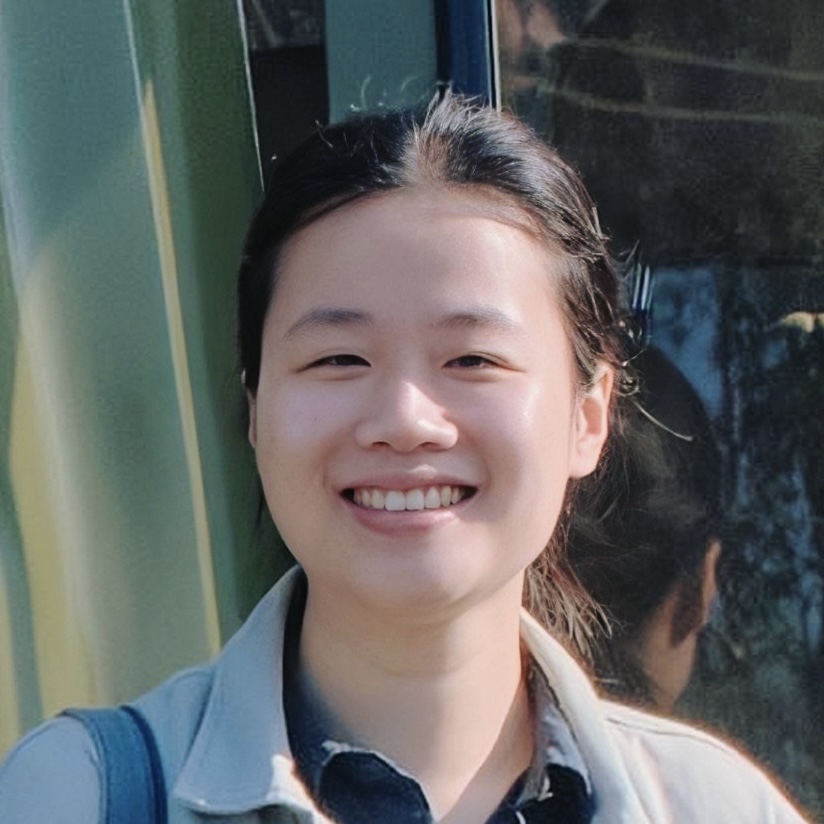Organizers

Bio
Dr Yingzhen Li is a Senior Lecturer in Machine Learning at Imperial College London, UK. Before that she worked at Microsoft Research Cambridge and Disney Research. She received her PhD from the University of Cambridge. Yingzhen is passionate about building reliable machine learning systems with probabilistic methods, and her published work has been applied in industrial systems and implemented in popular deep learning frameworks. She is a regularly invited speaker at international machine learning conferences and machine learning summer schools, and she gave an invited tutorial on approximate inference at NeurIPS 2020. Her work on Bayesian ML has also been recognised in AAAI 2023 New Faculty Highlights. She has co-organised many international research workshops on probabilistic inference and deep generative models. She regularly serves as Area Chair for ICML, ICLR and NeurIPS, and she is a Program Chair for AISTATS 2024. When not at work, Yingzhen enjoys reading, hiking, video games, and following news on latest technology developments.

Bio
Stephan Mandt is an Associate Professor of Computer Science and Statistics at the University of California, Irvine. Previously, he led the machine learning group at Disney Research in Pittsburgh and Los Angeles and held postdoctoral positions at Princeton and Columbia University. Stephan holds a Ph.D. in Theoretical Physics from the University of Cologne, where he received the German National Merit Scholarship. He is furthermore a recipient of the NSF CAREER Award, the UCI ICS Mid-Career Excellence in Research Award, the German Research Foundation's Mercator Fellowship, a Kavli Fellow of the U.S. National Academy of Sciences, a member of the ELLIS Society, and a former visiting researcher at Google Brain. His research is currently supported by NSF, DARPA, IARPA, DOE, Disney, Intel, and Qualcomm. Stephan is an Action Editor of the Journal of Machine Learning Research and Transaction on Machine Learning Research, held tutorials at NeurIPS, AAAI, and UAI, and regularly serves as an Area Chair for NeurIPS, ICML, AAAI, and ICLR. He currently serves as Program Chair for AISTATS 2024 and will continue to serve as General Chair for AISTATS 2025.

Bio
Emtiyaz Khan (also known as Emti) is a (tenured) team leader at the RIKEN center for Advanced Intelligence Project (AIP) in Tokyo where he leads the Approximate Bayesian Inference Team. Previously, he was a postdoc and then a scientist at Ecole Polytechnique Fédérale de Lausanne (EPFL), where he also taught two large machine learning courses and received a teaching award. He finished his PhD in machine learning from University of British Columbia in 2012. The main goal of Emti’s research is to understand the principles of learning from data and use them to develop algorithms that can learn like living beings. For more than 10 years, his work has focused on developing Bayesian methods that could lead to such fundamental principles. The approximate Bayesian inference team now continues to use these principles, as well as derive new ones, to solve real-world problems.

Bio
I have been with the Department of Mathematics at Mahidol University in Thailand since 2016 and currently serve as an Assistant Professor. Prior to this, I was a postdoctoral researcher at the University of Bern, and the Idiap Research Institute in Switzerland, during 2014-2016. I received my Ph.D. in Applied Mathematics from Cornell University in 2014.
My research interests include optimization, probabilistic modeling, and combinatorics. I focus on areas such as hybrid and Bayesian optimization algorithms, Markov processes, and the use of neural networks to tackle complex vehicle routing problems. My work also extends to applications in GIS-based agricultural planning, combinatorial card-guessing games, and a variety of other decision-making challenges.



Bio
Khimya Khetarpal is a Research Scientist at Google Deepmind. She earned her PhD in Computer Science from the Reasoning and Learning Lab at McGill University and Mila, advised by Doina Precup. She is broadly interested in artificial intelligence and reinforcement learning. Her current research interests focus on how RL agents learn to efficiently represent the world's knowledge, plan with it, and adapt to changes over time. Khimya’s work has appeared in leading AI journals and conferences including NeurIPS, ICML, AAAI, AISTATS, ICLR, The Knowledge Engineering Review, ACM, JAIR and TMLR. Her work has also been featured in MIT Technology Review. She was recognized as a TMLR expert reviewer in 2023, one of the Rising Stars in EECS 2020, a finalist for Three Minute Thesis (3MT) competition in AAAI 2019, selected for the Doctoral Consortium at AAAI 2019, and awarded Best Paper Award (3rd Price) for an ICML 2018 workshop on lifelong learning. Throughout her career, she has sought to actively mentor through initiatives such as co-founding the Mila peer advising initiative, teaching and assisting AI4Good Lab, volunteering at Skype A Scientist, and mentoring at FIRST Robotics.

Bio
I am interested in enabling scientific discovery by extending statistical machine learning methods. In recent years, we have developed new optimisation methods for solving problems such as ranking, feature selection and experimental design, with the aim of solving scientific questions in collaboration with experts in other fields. This has included diverse problems in genomics, systems biology, and astronomy. The long term goal is to use active learning, bandits, and choice theory for design of experiments. I am co-author of the textbook Mathematics for Machine Learning. I support and advocate open source software and reproducible research in the context of machine learning.
